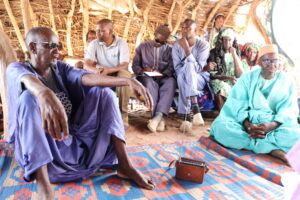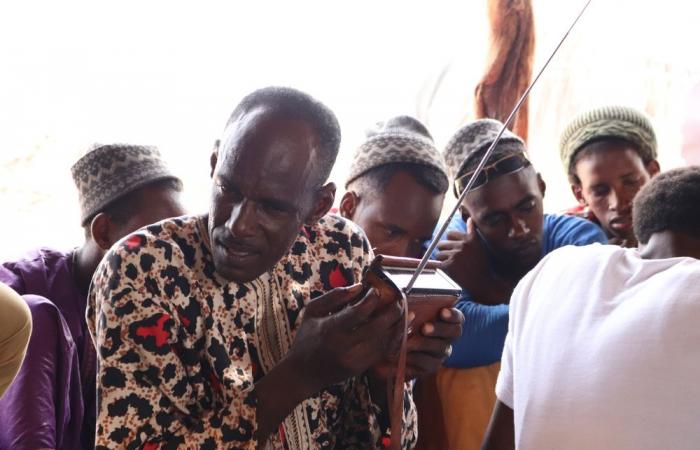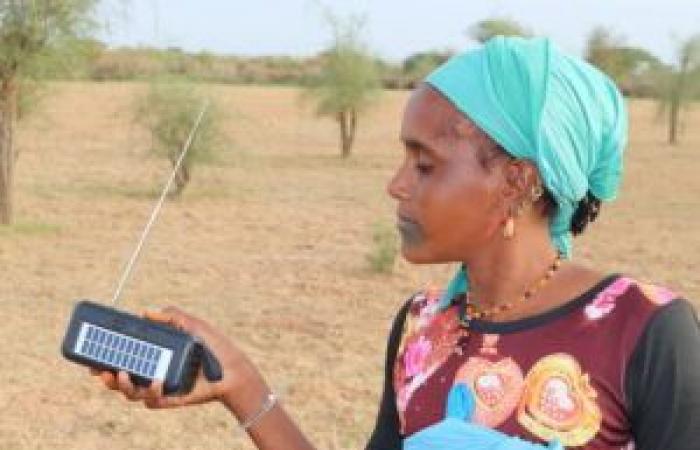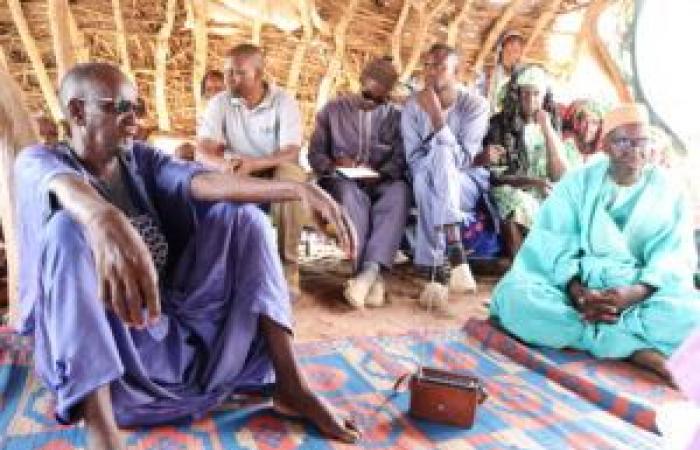In a context of growing climate challenges, these spaces for exchange and learning, supported by community radio stations, promote access to crucial agro-climatic information for agropastoralists while reducing gender inequalities.
In rural Senegal, where the impacts of climate change threaten food security, listening clubs are proving to be essential tools for coping with climate variability. Linked to community radio stations, they make it possible to disseminate essential information on climate-smart agriculture and livestock farming.
These groups, made up of 10 to 12 members, meet regularly to evaluate radio programs on various themes. These range from climate forecasting to natural resource management, not forgetting sustainable agricultural practices and vaccination techniques.
But beyond their informative role, these spaces become real levers of resilience and empowerment, particularly for women.
According to the activity report devoted to this initiative by AICCRA, approximately 40% of club participants are women. For them, these moments of reunion are not only opportunities to learn, but are also spaces where they express their concerns and find suitable solutions.
« These broadcasts allow us to better understand agricultural practices and to finally feel considered in discussions on climate and livestock. », Testifies Fatoumata, member of a club in Ferlo (North-West).
A bridge between science and practice
Thanks to the intervention of experts from structures such as the Senegalese Agricultural Research Institute (ISRA), the National Civil Aviation and Meteorology Agency (ANACIM) or the International Livestock Research Institute (ILRI), Listening clubs offer clear and relevant information. According to the data collected, the relevance of the themes is rated 9.5/10 by the members.
This quality of information strengthens the capacity of agropastoralists to anticipate climate risks and optimize their practices, notes the document.
« Advice from specialists helped us anticipate climate change and better protect our herds », says Adama Ba, breeder member of a club in Kaffrine (Centre).


In a context where access to digital technologies remains limited, especially for rural women, these spaces, supported by simple tools, position themselves as effective alternatives.
« Thanks to listening clubs, I discovered solutions to improve my agricultural production, despite droughts », confides Mariama, farmer in Linguère (North-West).
Beyond the discussions, the listening clubs concretely influence agricultural and pastoral practices. Listener feedback makes it possible to adjust broadcasts to the real needs of communities. This is why a proposal was made to adapt broadcast schedules to better include active listeners in the evening.
ARD/te/APA








